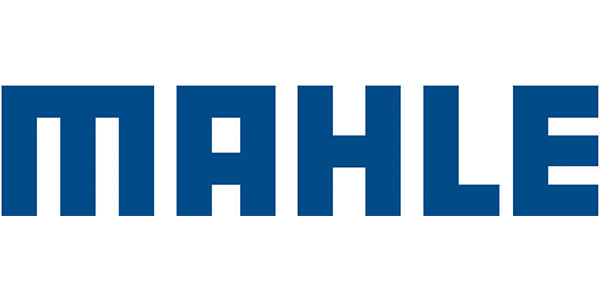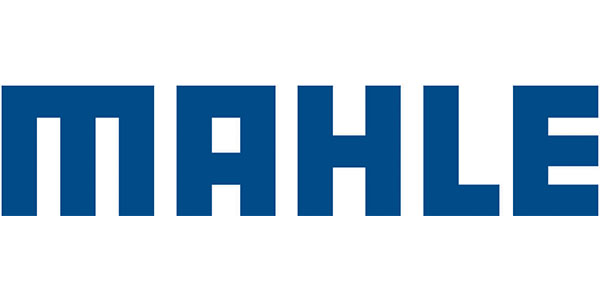
Alternative fuels from regenerative sources offer substantial potential for reducing transportation-related CO2emissions. As a result, MAHLE is therefore investigating the compatibility of its engine components and filters with the use of various e-fuels. The results show that many of the MAHLE materials and components that have been tested so far are “e-fuel ready,” according to the company.
MAHLE is examining the resistance of components and materials when using fuel blends with e-fuels that can be admixed under current fuel standards as well as alternatives such as oxymethylene ether (OME) for heavy-duty commercial vehicles, dimethyl carbonate (DMC) for passenger cars, or methane (CH4) as a gaseous alternative.
Admixtures within the current fuel standards are especially promising due to their backward compatibility, as they include the existing global car population in CO2 reduction. The resulting lever is greater by a factor of about 20, given sufficient availability of regenerative fuel in Europe, than for measures that apply only to new vehicles. This potential should be considered as a supplement to electric mobility in the drive mix of the future, MAHLE says.
“The admixture of e-fuels can immediately produce great savings potential. If allowed, this could mean a decisive step toward achieving the 37.5 percent CO2 savings mandated at EU level relative to 2021,” said Dr. Otmar Scharrer, head of research and advanced engineering at MAHLE. “Our tests indicate that many of the MAHLE engine components and filters tested to date are ready for the admixture of e-fuels. We are providing our customers with the means to tap this potential.”
As part of the series of test runs, MAHLE also is investigating what proportion of a fuel that is outside of the current standards can be used in operation without changes to hardware or software. The tests have demonstrated that engine performance comparable to the use of purely fossil fuels is possible with the admixture of certain e-fuels as well, while maintaining series production data sets and injection systems.
No measurable difference in the combustion process was found for the tested e-fuels. Emissions behavior was actually even better than for purely fossil fuels in large areas of the operating map, the company noted. From a thermodynamic perspective, MAHLE therefore assumes that these e-fuels will be technically backward compatible for the admixture of up to 20 percent. This is a very promising approach, but its implementation requires legislative support in terms of expanded fuel standards, MAHLE says.
